15 project management interview questions, answers, and tips
Summary
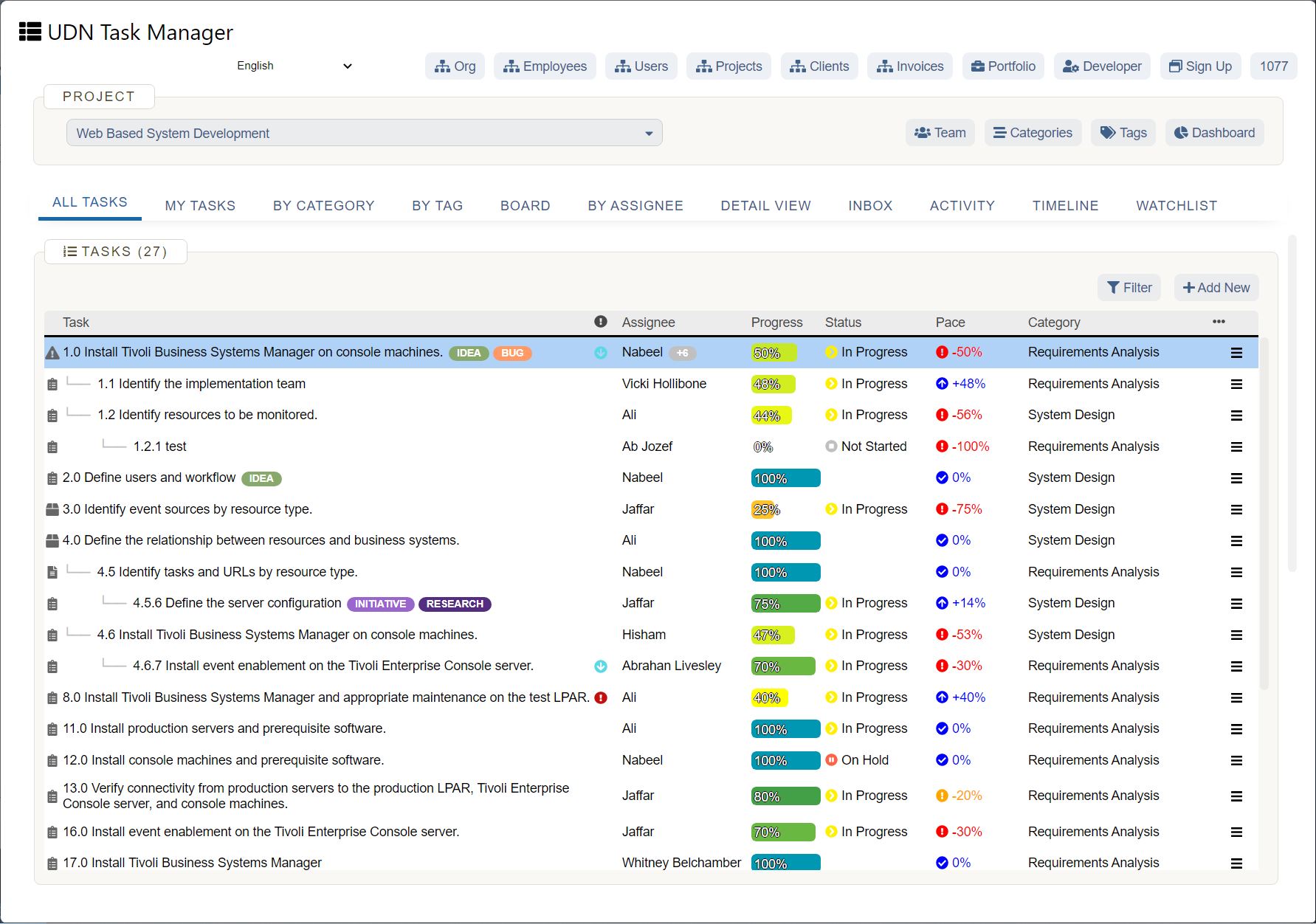
Landing a project management interview is a big accomplishment. But you’ll only get a chance at the job if you prepare for the interview properly. In this article, we cover some of the most commonly asked project management interview questions so you can ace this interview and get hired.
Congratulations, you got the interview for a project manager position. But right after you put the date on your calendar, the interview jitters hit you. Your mind starts racing: What kinds of questions will they ask you? How can you prepare and make sure you seem confident? Do you have the project management skills needed to succeed?
Take a deep breath—we’re here to help. If you have an interview for a project manager position coming up and hope to find smart answers to common questions, this post is for you.
And that’s not all of it. We’ve sprinkled some other tips and resources throughout this article that will help you feel uber-prepared for your upcoming interview.
What does a project manager do?
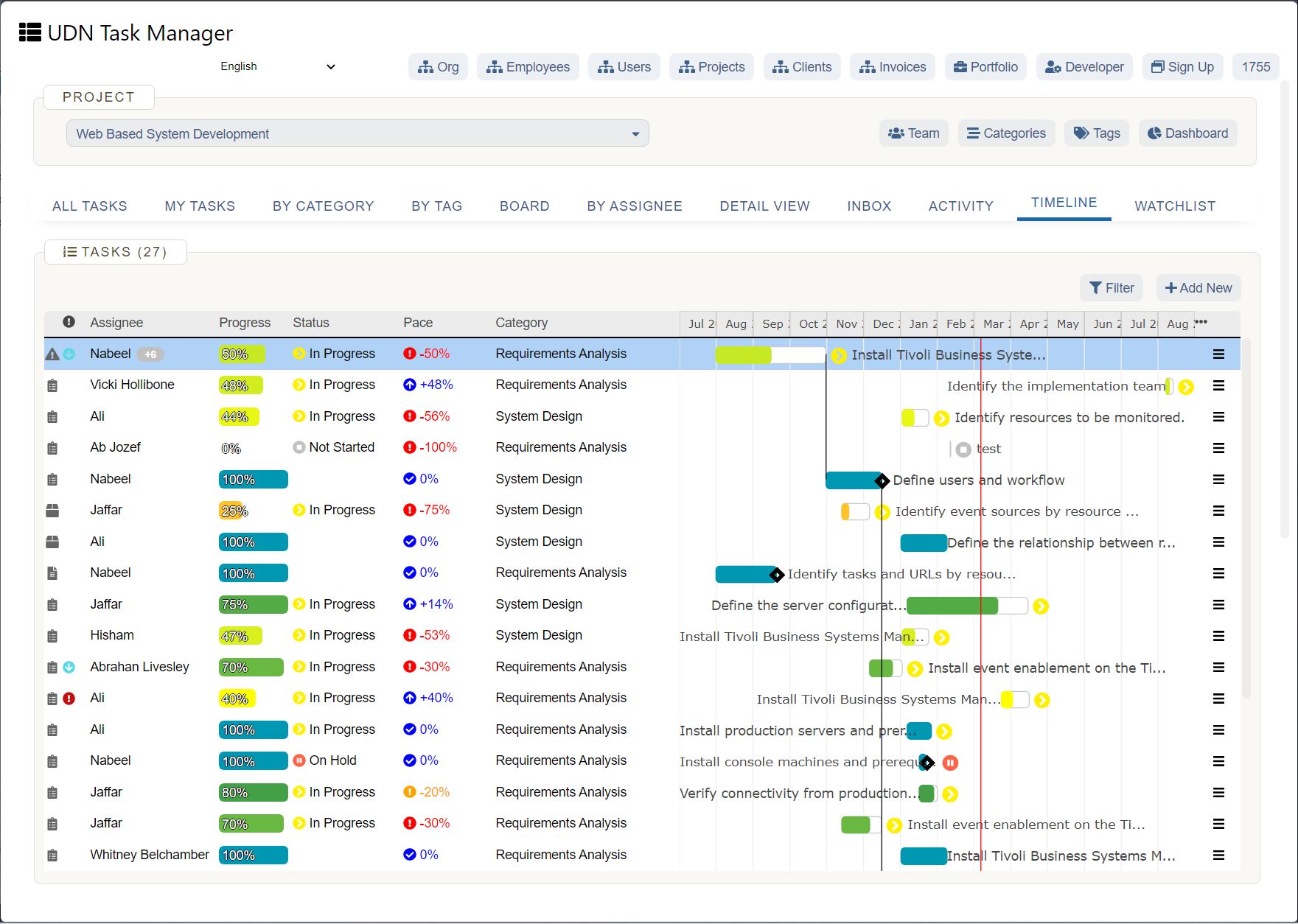
Before we dive into the interview questions, let’s take a look at what a project manager actually does.
The title has changed significantly over the years. Initially, project manager roles were highly specialized technical positions, and project managers themselves were certified in complicated, complex project management tools. Luckily, modern project management tools have made project management accessible to a broader variety of roles—and now more often than not, a project manager is less focused on the technical element and more focused on aligning stakeholders, driving clarity, and hitting project goals.
The definition of project management varies between companies, departments, and positions. For example, at UDN Task Manager , we believe that if you manage projects, you’re a project manager—regardless of your job title.
To get a sense of what your interviewer expects from you as a project manager, study the job description closely to understand the main responsibility of the position you applied for. Is it people management, cost management, risk management, program management , or something entirely different?
If you know what exactly your position will entail, you can use this information to better prepare for the interview. This will also help you figure out which of the questions and answers below are going to be the most helpful for your interview prep.
1. Tell me about yourself.
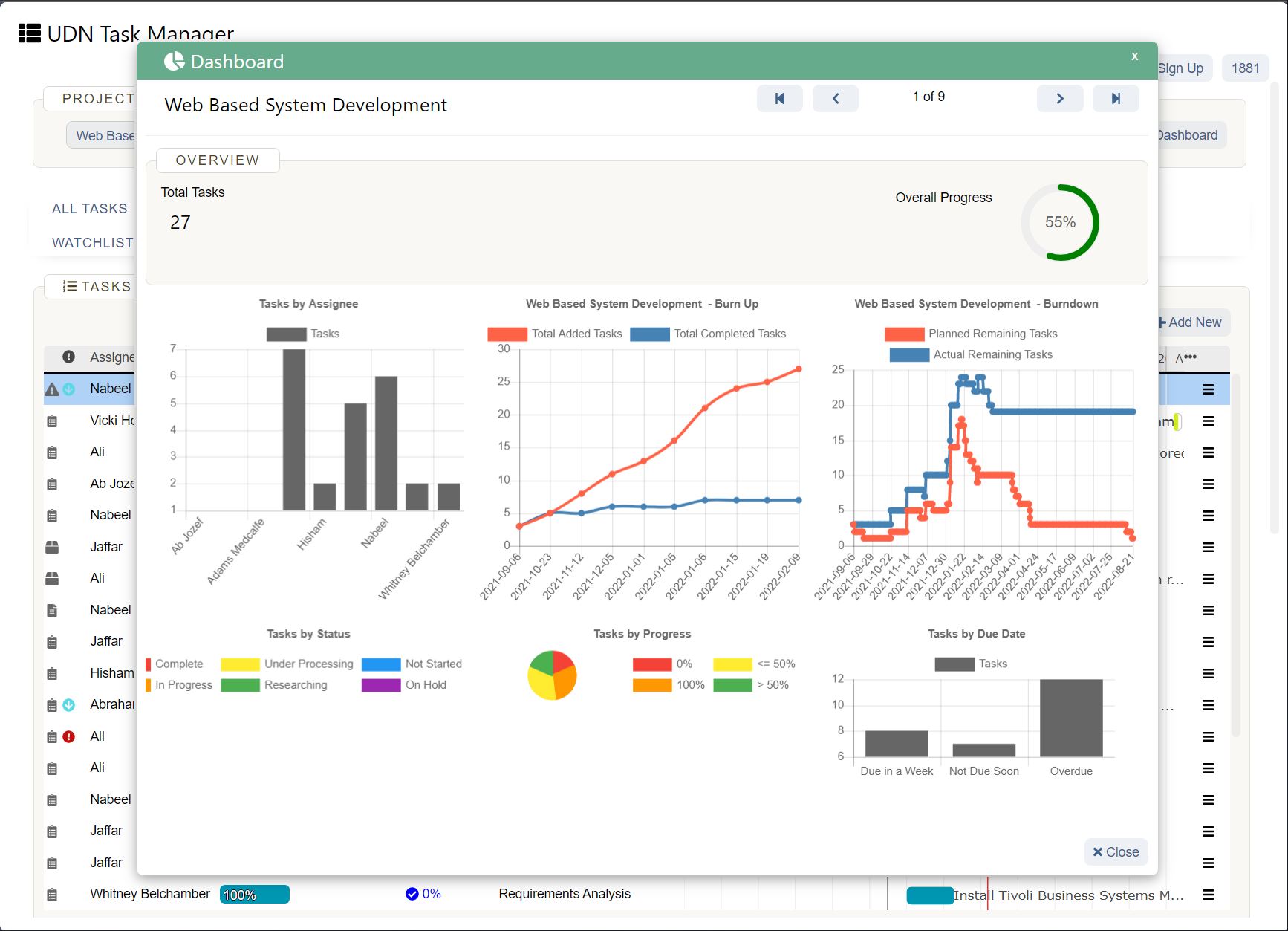
While it’s technically not a question, more often than not, this is going to be the first thing an interviewer wants you to talk about. Think of your answer as your elevator pitch—this is your chance to briefly summarize who you are, why you’re here, and what makes you the best candidate.
What the question means: For the interviewer, it’s a great way to ease into a conversation, give the candidate a chance to settle in, and give a first impression. The interviewer wants to find out who you are as a person and why you’ve applied.
How to answer: Briefly explain what your last or current position is. Then name a few skills you’ve learned in your previous job and how they’ve prepared you for this position. Stay positive, be truthful, and let your passion shine through.
What not to say: Don’t just restate your resume. The interviewer has that right in front of them. Tell them something they don’t know and can’t find out from your resume alone. Also, keep it professional and read the room—not every interviewer cares about your new puppy (unfortunately).
2. Do you have experience working from home and managing a remote team?
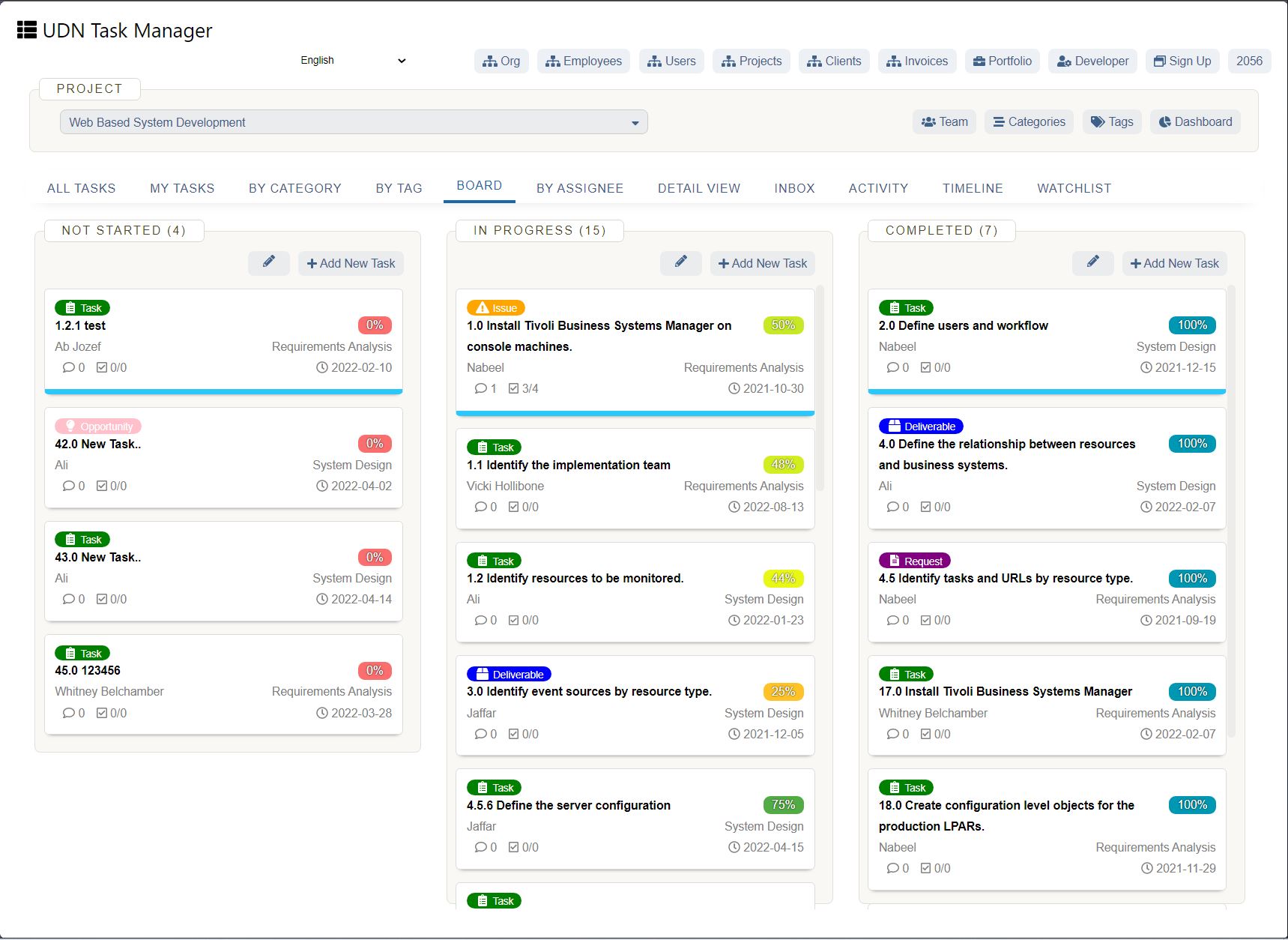
Since working from home has become the norm for many companies, it’s possible that you’ll have to manage a fully remote team either now or in the future. Project manager positions are often team leads or project leads, so your interviewer may want to learn more about your experience in this area.
What the question means: Virtual managers face more challenges than managers who share the same office space as their teammates. The interviewer wants to find out if you have previous experience managing virtual teams .
How to answer: If you have experience managing a remote team, that’s great! Talk about some of the challenges you’ve faced not being in-person and how you overcame them. If you don’t have a ton of relevant experience, talk about how you can use project management tools and team bonding exercises to connect, communicate, and collaborate with remote teams.
What not to say: Don’t downplay the challenge of keeping virtual team members motivated and engaged. Your interviewer needs to know that you take team morale seriously and understand what it takes to connect with your team in a remote world.
3. How do you keep your team motivated?
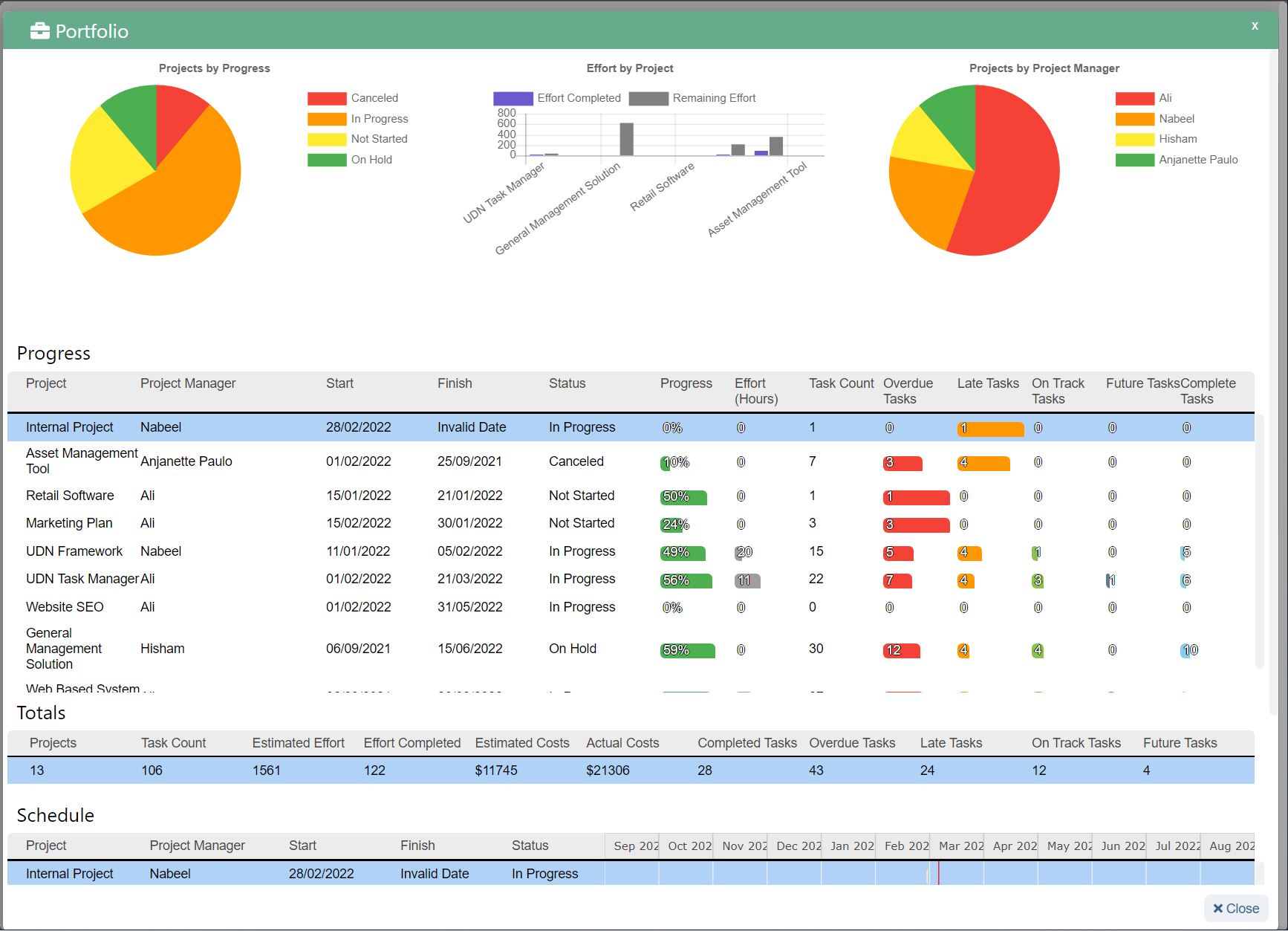
If your project team doesn’t feel motivated, they’ll struggle to complete their high impact work. This can cause project delays and lack of quality in your deliverables. As a project manager, one of your responsibilities is knowing how to keep your team motivated and moving towards the project objective .
What the question means: The interviewer wants to find out what your tactics are for keeping a team engaged and motivated.
How to answer: You can start by describing the work environment you hope to build for your team. Besides a place where teammates feel valued, seen, and understood, it’s also important to set transparent goals and expectations for your team. Explain how setting realistic project milestones doesn’t just keep the project on track but also fosters effective teamwork.
What not to say: Don’t talk about monetary rewards like raises or promotions. Teams that complete their work for extrinsic motivation only aren’t going to feel as fulfilled as teams that feel an intrinsic motivation to perform well.
4. What is your leadership style of choice?
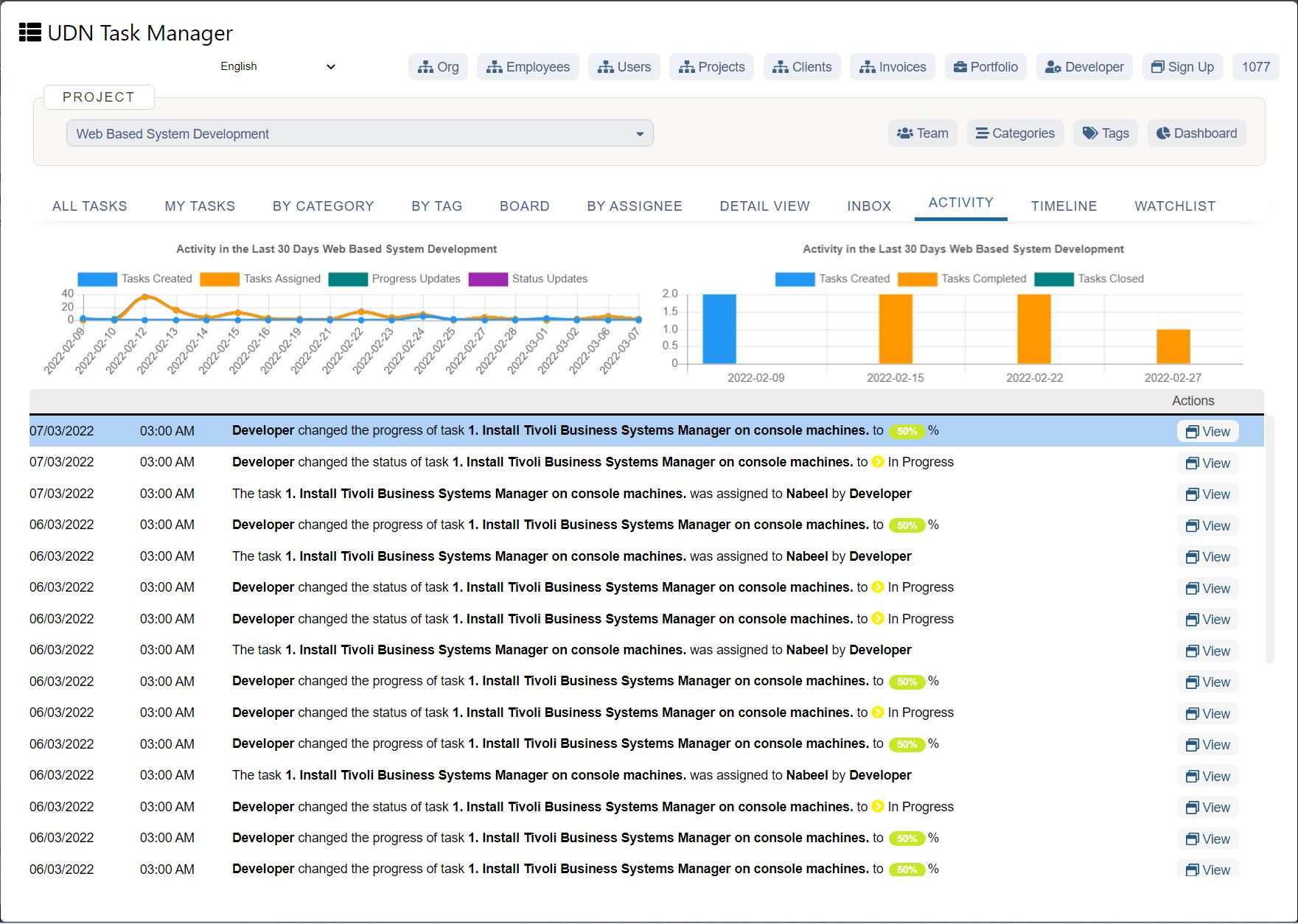
There are several different leadership styles out there and while some may be more popular than others, there is no right or wrong leadership style. In fact, your team members may benefit from different leadership styles depending on their unique personalities, the projects they’re currently working on, and the challenges they’re facing.
What the question means: While the terms leadership and management are often used interchangeably, not every manager is a leader and not every leader is a manager. If the interviewer asks this question, they’re probably looking for someone who can be both—so it’s important that you know what your leadership style is.
How to answer: Be sure that you know what different leadership styles entail. Know the risks and benefits of your leadership style so you can confidently answer follow-up questions about your specific leadership skills like:
As a democratic leader , how do you ensure that your team still trusts you when you make a decision without their input?
How do you approach conflict resolution as an affiliative leader?
As a transformational leader, how do you combat pressure your team may feel because of your constant involvement?
What is your communication style as a transactional leader ?
As a laissez-faire or delegative leader, how do you keep your team on track?
What not to say: Don’t wiggle your way out of the question by simply saying your leadership style depends on the situation. If that’s true and your leadership style is in fact situational , talk more about how you adapt your style and give examples of when you’d apply a supporting, coaching, delegating, or directing style.
5. How do you communicate bad news with your team?
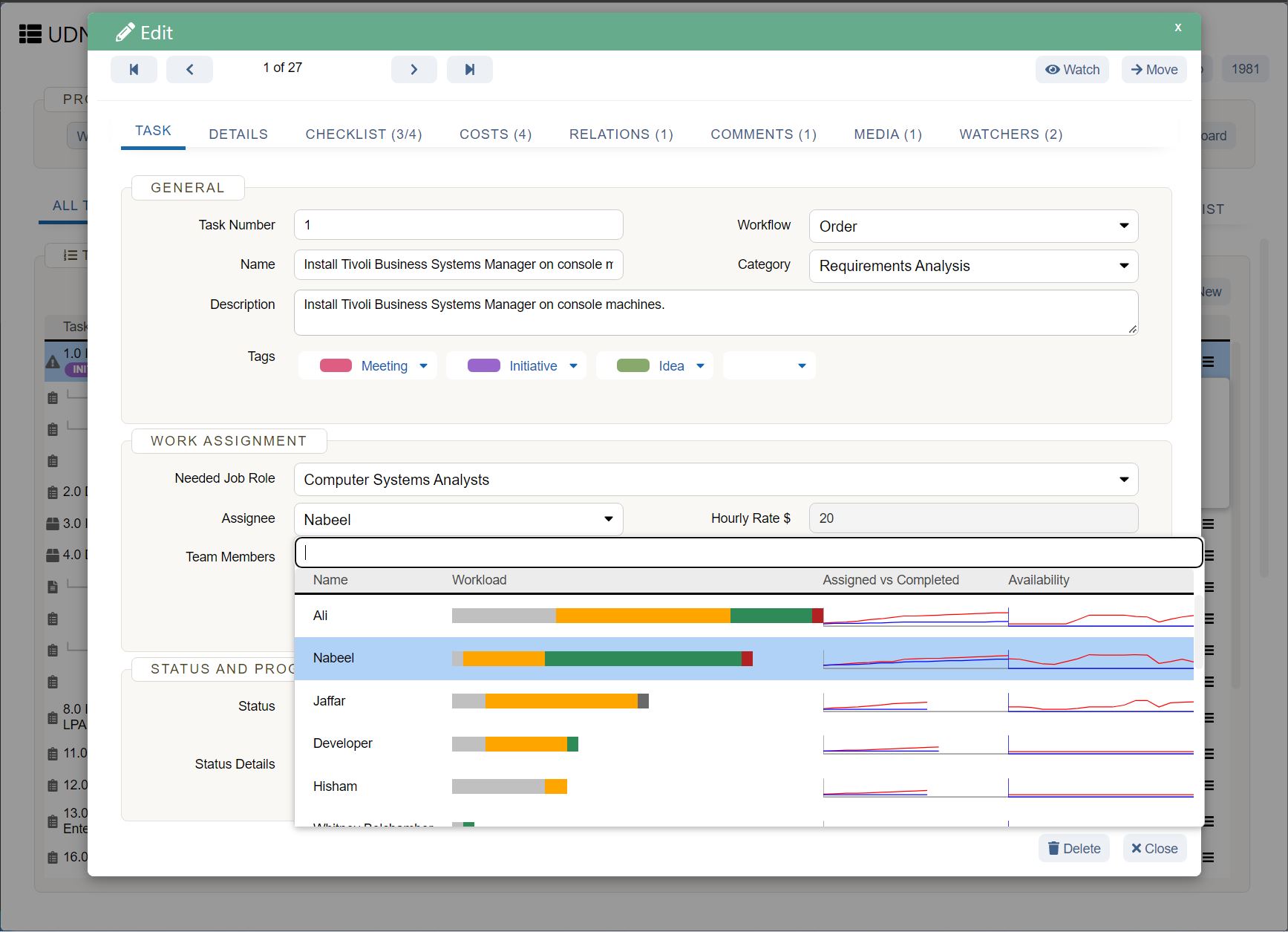
Part of your job description as a project manager will be to deliver news to your team—good and bad. Whether you’re managing people or projects, at some point, you’ll likely have to relay bad news to your team.
The way you handle sticky situations, like communicating that you’re not hitting a project’s goals or are losing funding for an exciting initiative, will be a reflection of how qualified you are to be a manager.
What the question means: The interviewer likely wants to find out if you have both the integrity and communication skills to deliver bad news to your team without causing misunderstandings or issues.
How to answer: Acknowledge that the challenge of communicating bad news is that you have to balance representing and understanding both the emotional response of your team and the decision of higher level executives. Explain that the best way to effectively communicate bad news is to prepare yourself.
Once you’ve prepared and practiced how you’ll deliver your message, you’ll do your best to use direct language when communicating the news to avoid misunderstandings. It’s also important that you set aside time for questions from your team and establish next steps so they feel prepared for what’s to come.
What not to say: Don’t try to answer this question with a positive spin. Bad news is bad news and there’s no reason to sell it as something it’s not. Instead, be realistic and ensure that you show the interviewer that you understand the potential risks and severity of a scenario like this.
6. How do you prioritize tasks?

As a project manager your workday can change in an instant. New tasks, change requests, or a confused stakeholder who needs clarification right away can throw off your entire schedule. It’s important that you know how to prioritize work if you want to excel in this position.
What the question means: The interviewer is looking for a very direct and detailed answer on how you prioritize tasks.
How to answer: Explain your go-to time management method . Perhaps you use the Eisenhower Matrix to find out which tasks need to be done right away or can be scheduled for later, delegated to someone else, or deleted altogether.
Maybe you prefer to eat the frog and get your biggest and most complex task done first thing in the morning. Whatever your preferred method of task prioritization is, quickly explain what it is and give a specific example of how you’d apply it—or better yet, how you’ve applied it in the past.
What not to say: Don’t just say you go with the flow. A skilled manager will use tools and techniques to prioritize tasks by importance and urgency—so make sure to share your go-to approach with your interviewer.
7. How do you define an ideal project?
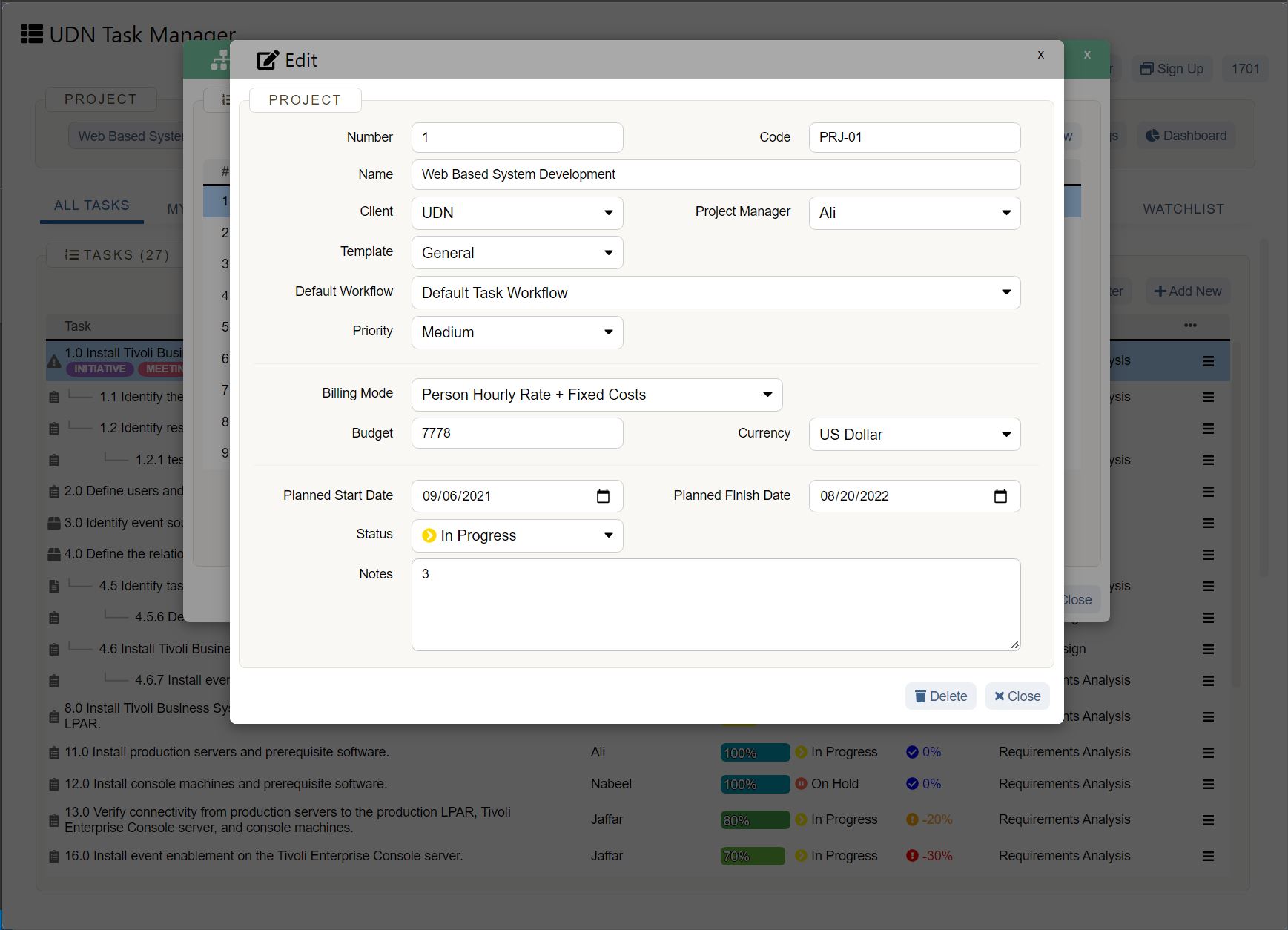
The answer to this is not “one that goes according to plan.” This question intends to find out more about what type of projects you prefer to work on.
What the question means: The interviewer wants to know what type of projects you feel most comfortable and confident working on. This is not going to be a guarantee that you’ll get the kind of project you describe but it’s going to give the interviewer a better sense of your skill set.
How to answer: The best way to answer this question is to be honest. Tell the interviewer what kinds of projects excite you the most. Perhaps you prefer projects that are super collaborative and innovative. Maybe you do your best work when a project is streamlined and there aren’t too many moving parts at the same time. Or you may do really well managing multiple small projects that run simultaneously. Whatever it is that you feel the most passionate about—tell the interviewer. And, if you can, give an example of a specific project you’ve done in the past that was really rewarding for you.
What not to say: Don’t lie and say you can handle any type of project. Even if that’s true, really dig into the type that excites you the most so your answer is more genuine.
8. How do you handle changes to a project?
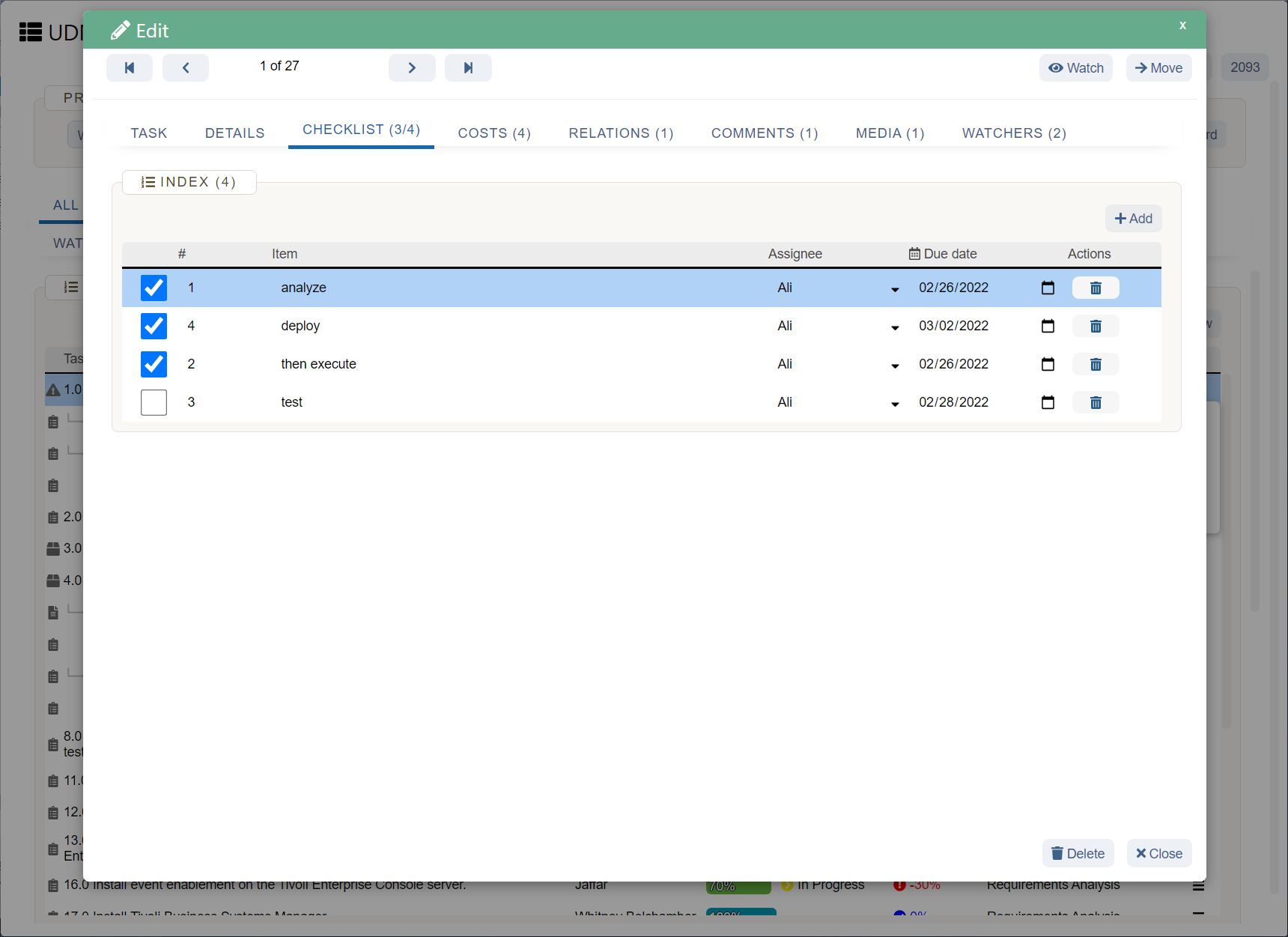
Projects rarely go according to plan which is why your position is so important. As the project manager, you’ll be in charge of adjusting the schedule, communicating changes, and adopting them accordingly.
What the question means: The interviewer wants to know what kind of problem-solving strategies you’re familiar with. Depending on the level of your position, they may also want to know how familiar you are with change management processes .
How to answer: Showcase your ability to adapt to unexpected or uncomfortable situations when answering this question. Convince the interviewer that you’re quick on your feet and have successfully handled project changes before.
What not to say: Don’t be vague. If you’re struggling to explain how you handle changes to a project, give a real life example instead. This will also show the interviewer that you’ve successfully managed a situation like this before.
9. What project management methods have you used in the past?
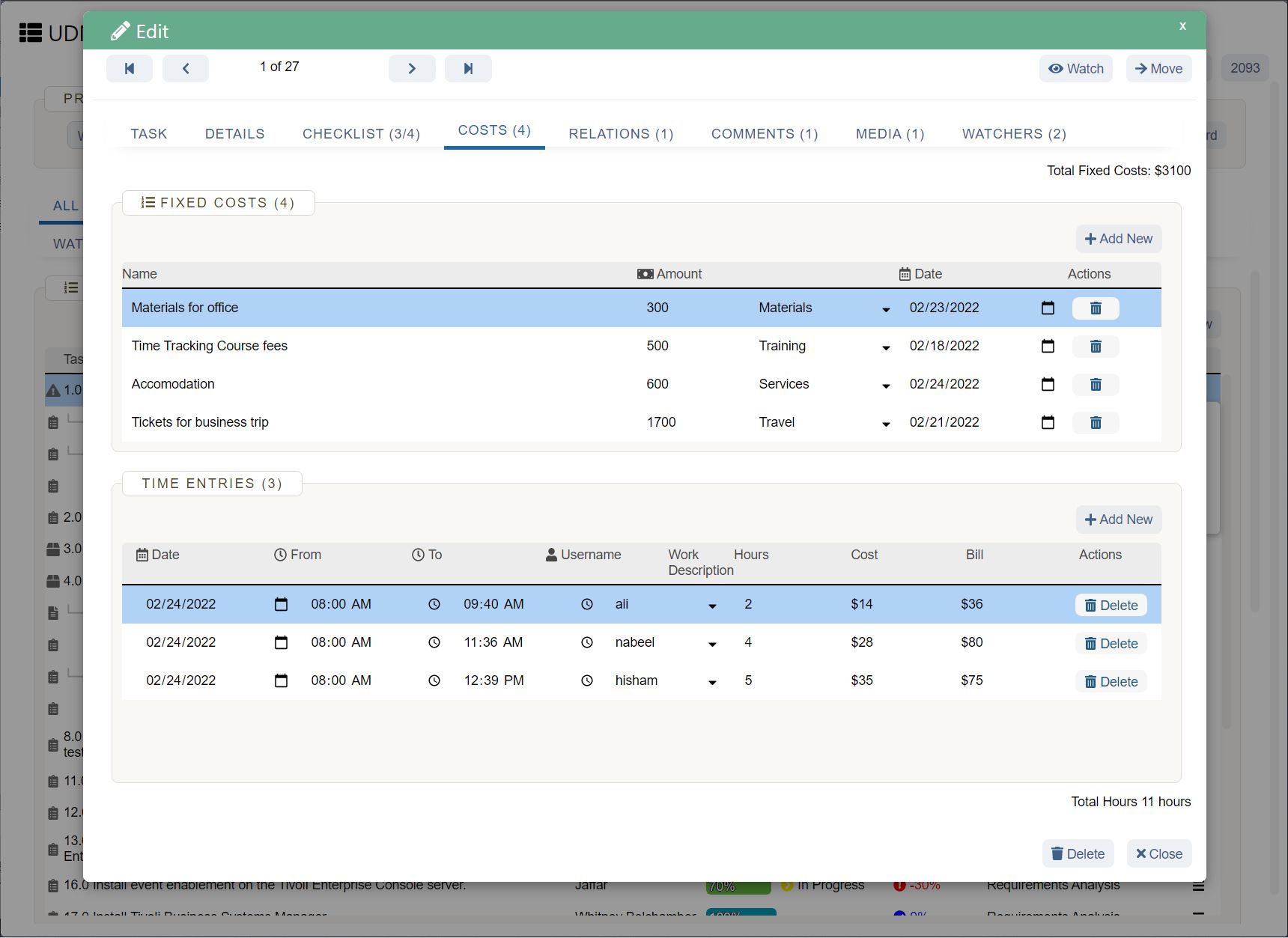
There are many different project management methodologies and chances are you’ve used or experienced more than one before. Whether you’re familiar with Agile work environments, the waterfall model, or running teams on Scrum —this is the time to showcase your knowledge.
What the question means: The interviewer wants to find out whether the project management methods you use fit the organization's style.
How to answer: Talk about the project management methodology you’re most familiar with and give an example of how you’ve used it. For example, you could talk about your experience with Scrum teams or talk about projects that you managed using Kanban boards . Explain why you used the given methodology and how it worked for your team and project.
What not to say: Don’t just toss around buzzwords. Make sure that you know what Agile means if you’re going to talk about applying this methodology. Interviewers notice whether or not you understand a methodology so it’s best to be prepared for follow-up questions.
10. What project management tools do you have experience with?
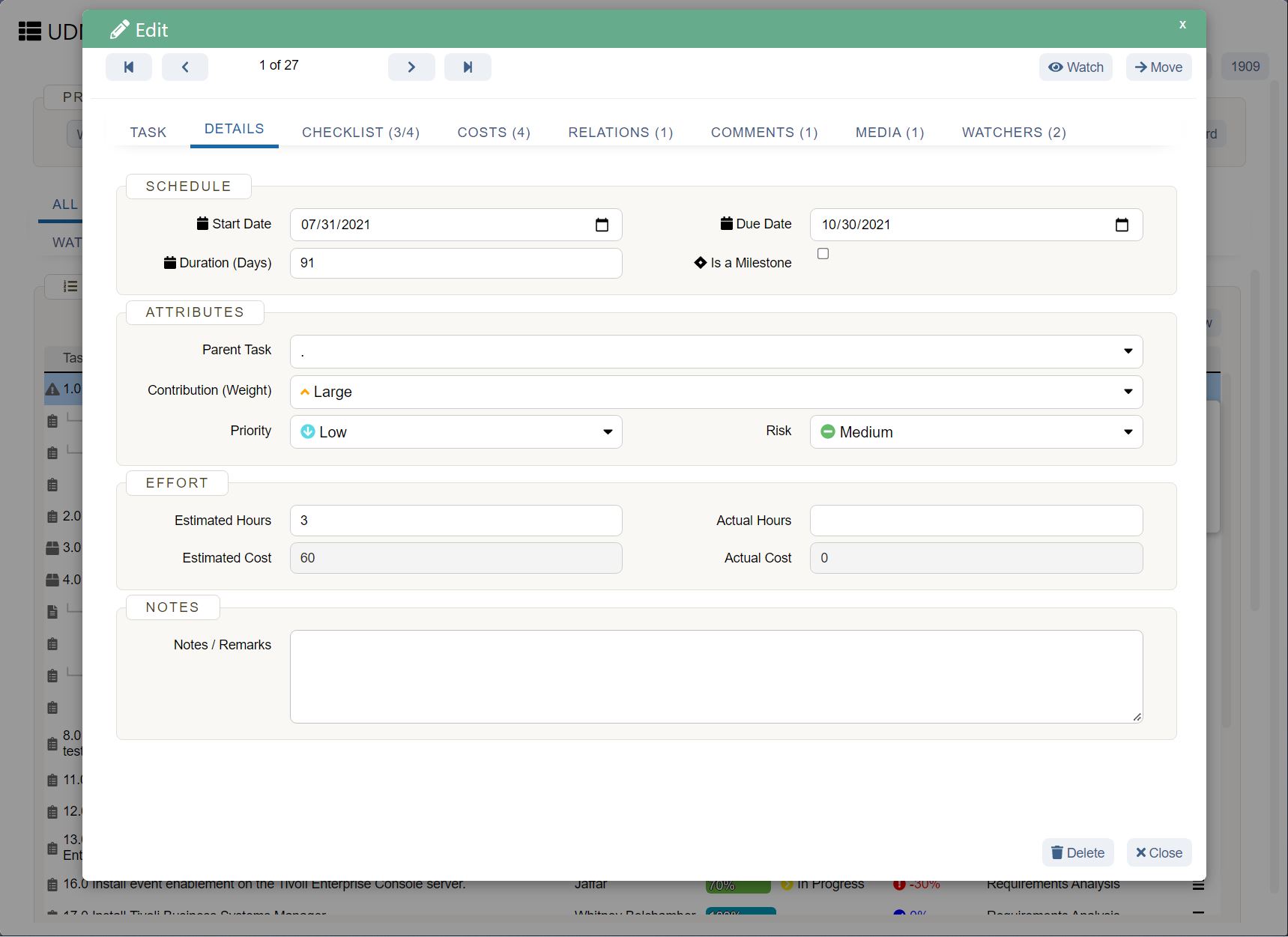
There is an array of project management software available and chances are, you’ve used your fair share of them. There really is no right or wrong answer to this question but you can get a few extra points if you personalize your answer.
What the question means: The interviewer wants to gain a sense of how many and what types of project management tools you’re familiar with.
How to answer: Truthfully answer what project management tools and software you’ve used in the past. If possible, find out what tools the company you’re interviewing for uses. You may find information on their website, a review site, or get this kind of insight from an employee via LinkedIn. With this information on hand, you can tailor your answer to the tool the company uses and let the interviewer know that you’ve used it or something similar in the past.
What not to say: Don’t judge any project management tools. You may have a favorite ( UDN Task Manager , right?) or even a tool that gives you a headache just thinking about it, but now is not the time to pass judgment. Simply list the tools you have experience with and explain your skill level if applicable.
11. Do you have experience with cost or budget management?
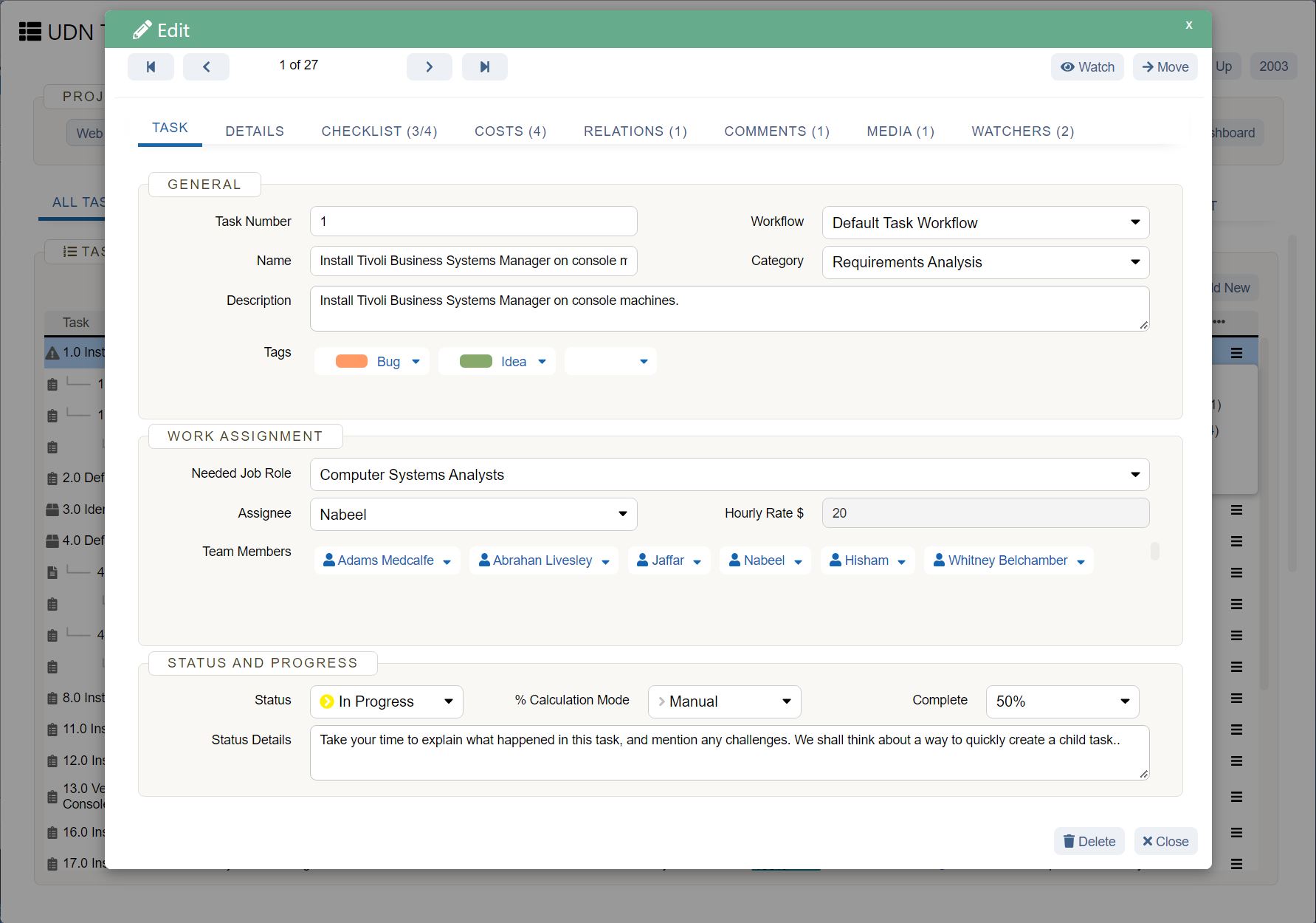
While not every project management position requires cost management knowledge, it’s a very common interview question for human resources, accounting, or finance management positions. So let’s take a look at the best way to answer it.
What the question means: The interviewer is curious whether you’ve had to manage costs before and is likely looking for an example.
How to answer: If you don’t have experience managing budgets, be honest about it and let the interviewer know how you’re planning to build this skill. If you have budget or cost management experience, talk about the budget you’ve managed, what you were in charge of, and how you allocated additional resources when necessary.
What not to say: Don’t make up budgets you’ve never managed or talk about how you manage your personal budget if you don’t have professional experience. Being fiscally responsible is not the same as knowing how to manage a project budget. So be honest about your experience and skill level.
12. What motivates you to give your best in a project?
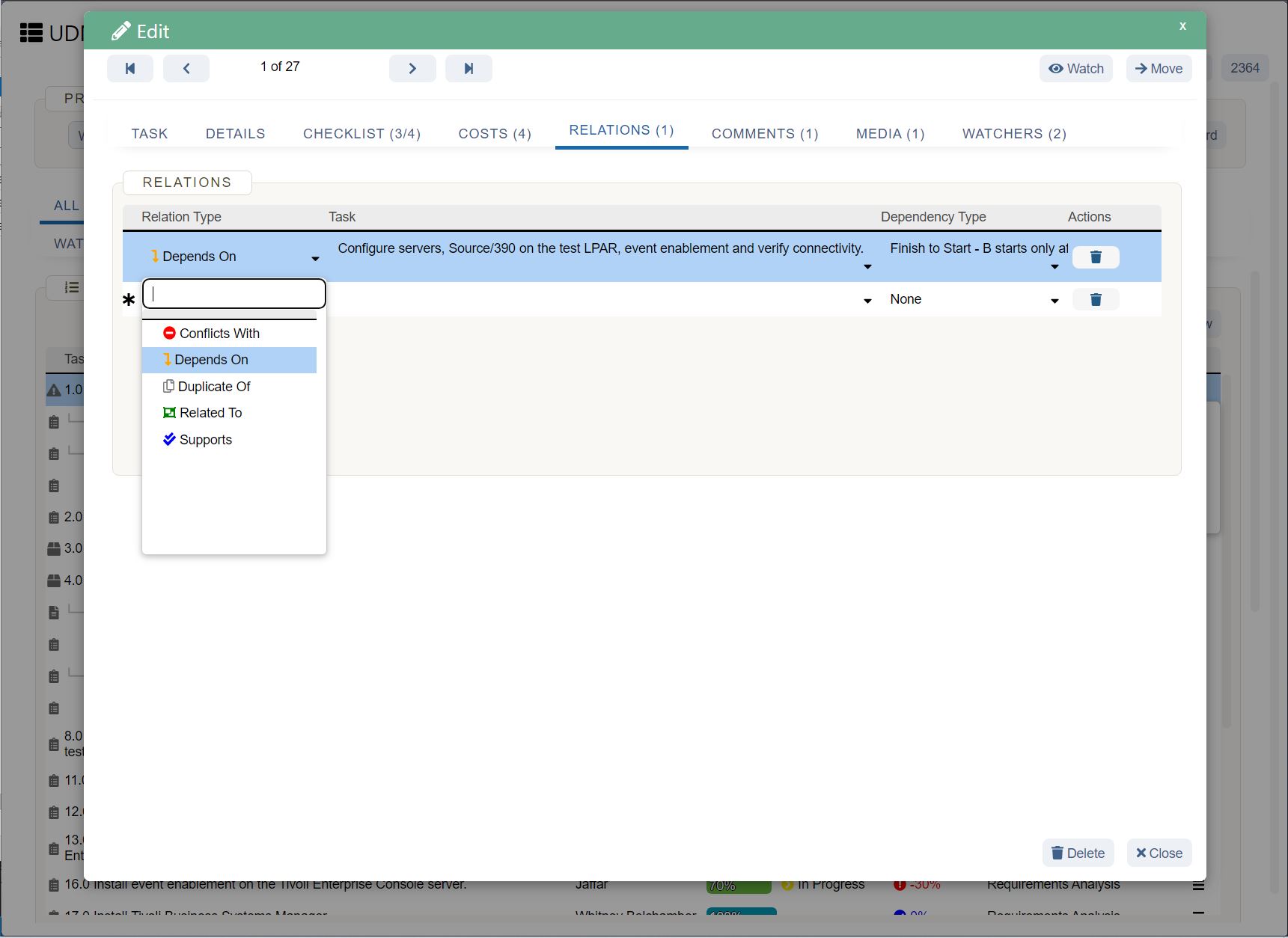
This is an excellent opportunity to talk about a project that went really well and explain why it was one of your best projects to date. Chances are, you were passionate, inspired your team, and led the project to success because you felt so motivated.
What the question means: Motivation looks different to everyone. The interviewer wants to find out what keeps you motivated to get a better understanding of your personality.
How to answer: Think about what motivates you when you’re working. Is it a great team that loves to collaborate? Do you love showing up for work to solve problems? Do you get excited about learning new things and widening your skillset? Whatever satisfies and excites you to do your best in a project, share it with your interviewer and give an example if you can.
What not to say: Don’t say “money.” It’s obvious that money is a factor in why you’re motivated to show up for work every day but the interviewer is asking this question to find out what other factors drive you.
13. Tell me about a challenge you’ve faced and how you handled it.
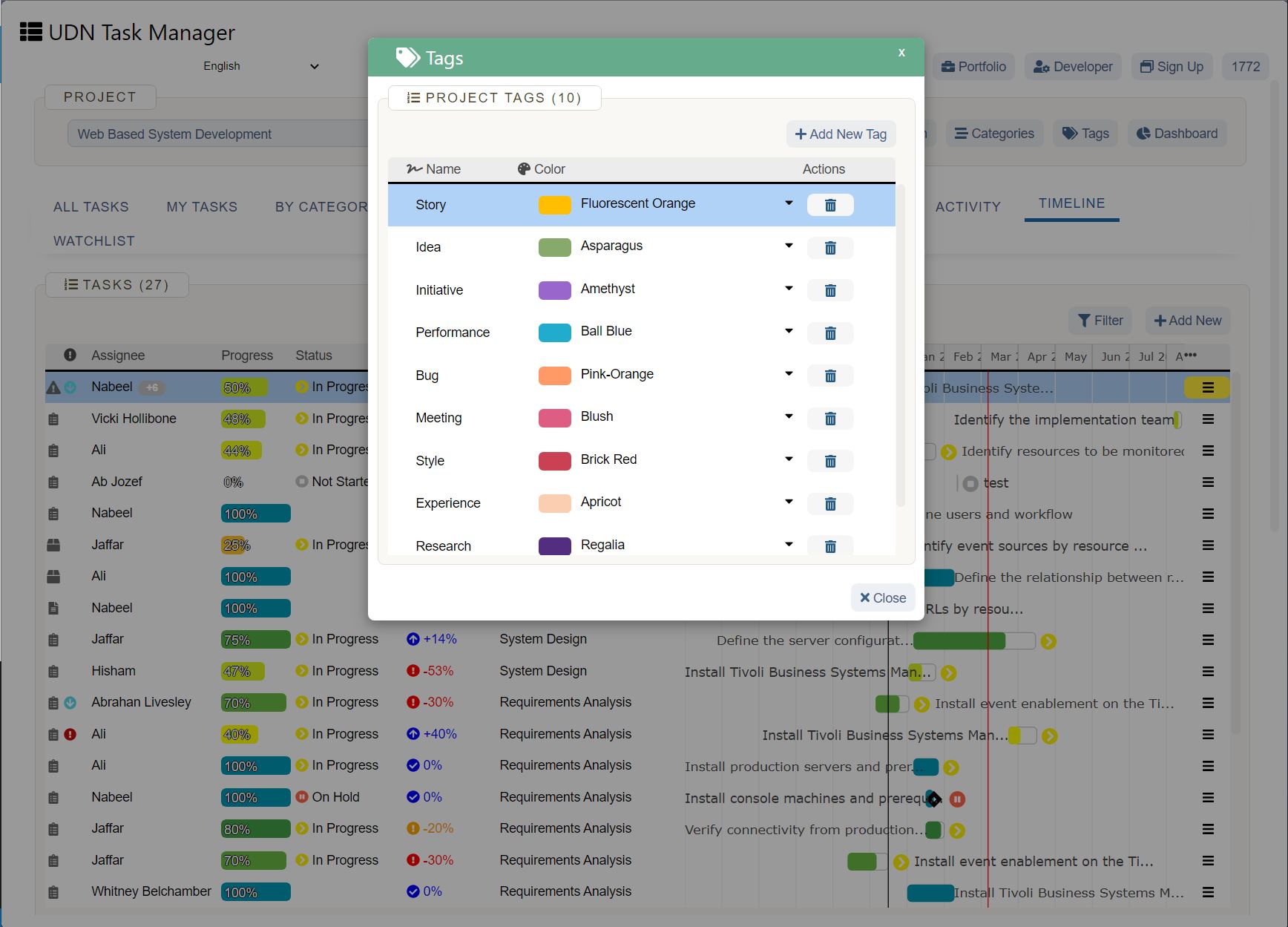
As a project manager, you’ll encounter plenty of challenging projects. Share a challenge that turned into a successful project or a great learning experience with your interviewer to prove that you can handle roadblocks or setbacks.
What the question means: The interviewer wants to learn more about your problem-solving skills and how you approach challenges. They’re looking for a specific example.
How to answer: The best way to answer this question is to apply the STAR method. This method allows you to break down a situation into four categories:
Situation : Start with the situation you were in. For example, explain that your project team suddenly got smaller because two people were out sick for an extended period of time.
Task : Explain how you wanted to resolve the situation. For example, your goal was to ensure that you could still deliver the project on time.
Action : Describe the actions you took to reach your goal. For example, you first tried to get help from another team. When that didn’t work out, you had to outsource some of the simpler tasks to a freelancer to give your team the bandwidth for their work.
Result : Finish with the outcome of the situation. For example, hiring a freelancer allowed your team to focus on the important tasks and complete the project without delays. Plus, you ended up hiring that freelancer for your next project because they did such an amazing job supporting your team.
What not to say: Don’t talk about a personal challenge. The interviewer wants to know how you handle challenges like lack of resources, negative feedback, or project delays. Whether you have prior experience as a project manager or not, we’ve all faced difficult times at work before so talk about a situation where you showed how well you can handle a challenge.
14. Why are you looking to leave your current job?
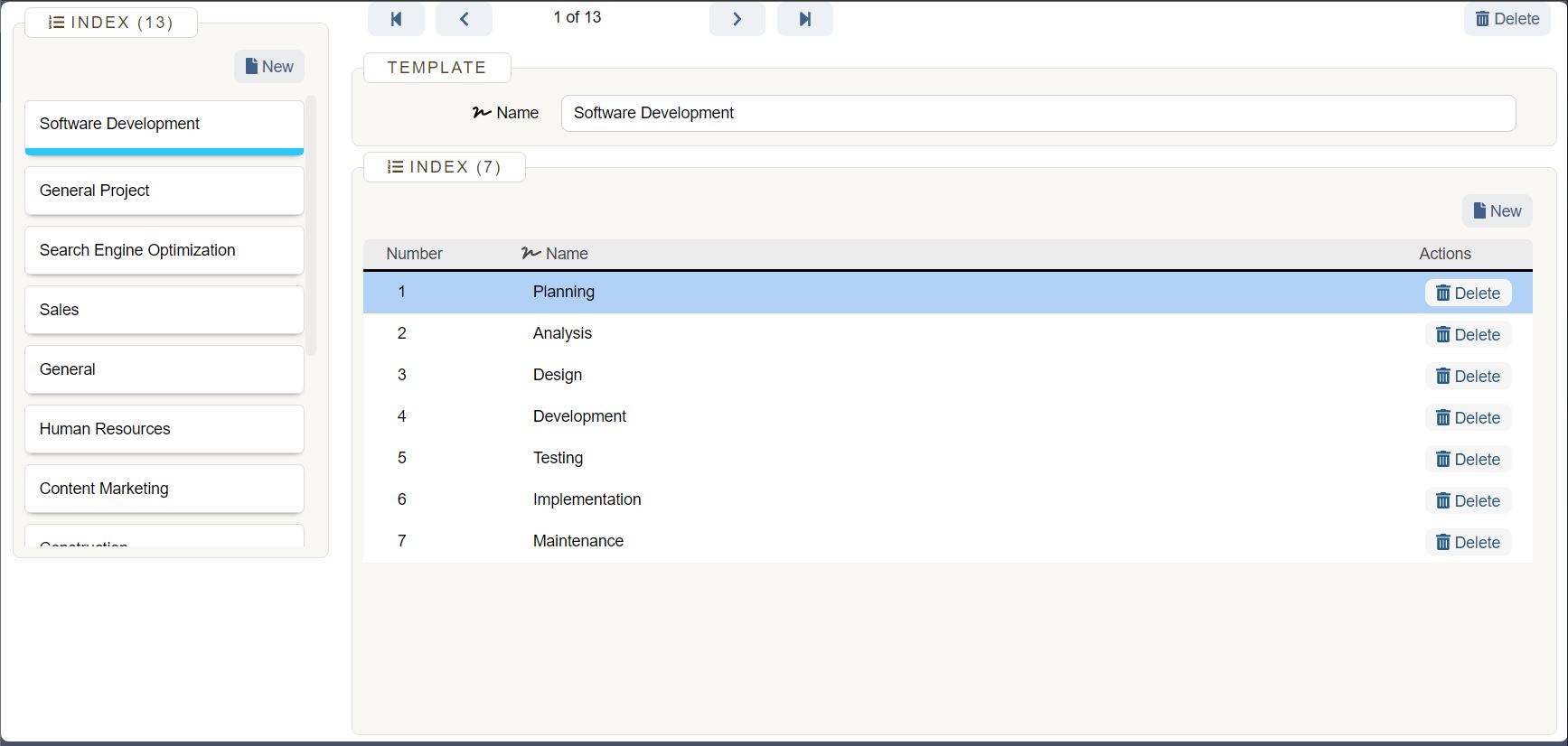
Obviously there’s a reason you’re doing this job interview. And the interviewer is curious what you’re hoping to find here that you’re lacking at your current job.
What the question means: The interviewer wants to find out one of two things (or both): How do you speak of your former/current employer and what motivated you to apply for this position?
How to answer: Instead of looking back at your old or current employer, talk about what excites you most about this new opportunity. Are you excited about the possibility of relocating? Are you looking forward to gaining new skills or taking on more responsibilities? Perhaps you’re looking to improve your work-life balance and feel like this new company is the perfect place to do so. Let your excitement for the new role shine through—that will set you apart from other candidates.
What not to say: Don’t bash your former employer. No matter how dreadful your current or past job is or was, it’s important to look forward and stay positive in your interview.
15. Name three tactics you’ve used to develop and maintain great customer relationships.
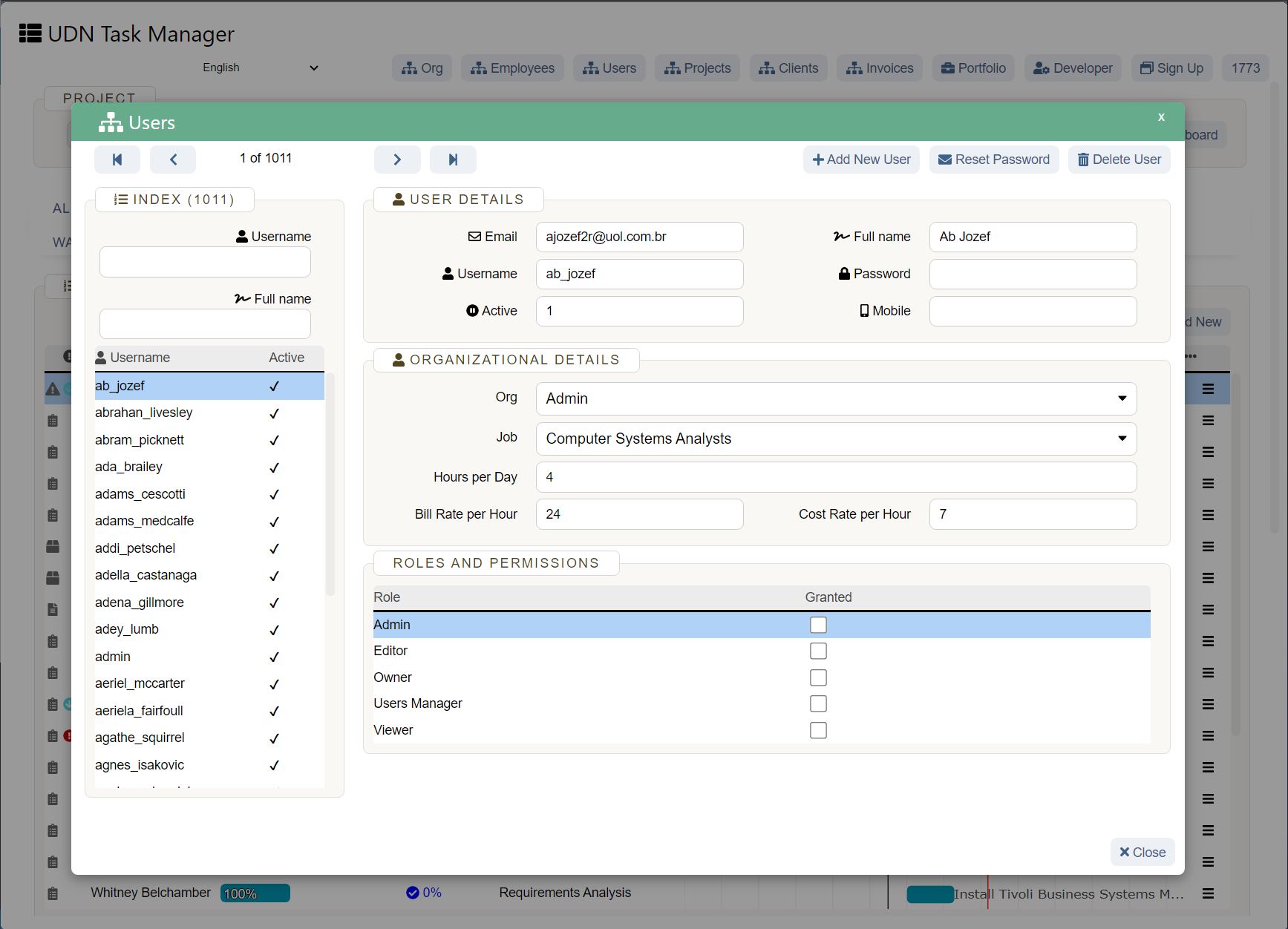
Depending on your field, you may have to deal with customers or clients on a regular basis. If you’re skilled at creating and maintaining solid relationships, you’re going to be a great asset to your company.
What the question means: Happy clients or customers are important—the interviewer wants to know if you have more than one card up your sleeve when it comes to fostering meaningful professional relationships.
How to answer: Think about your past customer relationships and what they valued. Did they appreciate your quick and positive communication? Did you make them feel like they were your only client or customer? Did you consistently exceed their expectations? Were you able to understand their goals and speak their language? All of these are tactics proven to build and maintain strong business relationships.
What not to say: Don’t brag about how great you are with clients or customers. Humility is one of the many tactics that help maintain positive professional relationships so make sure you’re staying humble in your interview to prove you’re capable of this.
Tips for getting interviewed
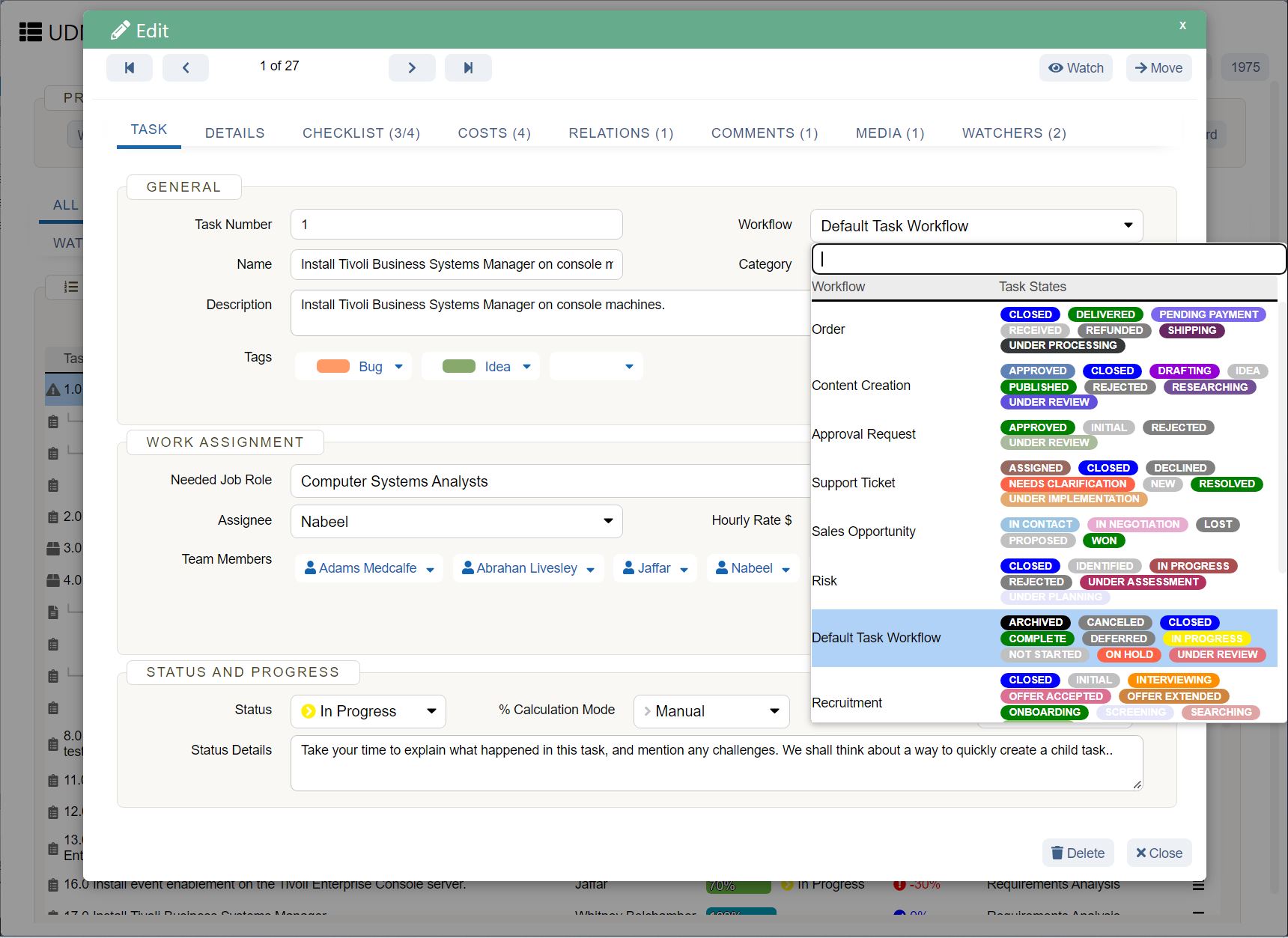
Knowing to say is important, but a job interview is about much more than just saying the right things. You’ll want to leave a great impression and make sure that your personality stands out from the rest of the candidate pool (especially in person or via Zoom). Here are our favorite tips to leave a great impression.
Besides practicing your body language and answers to common interview questions, you should also familiarize yourself with common project management terms . That way, when they come up during the interview, you don’t have to ask what they mean first and potentially risk your chances of getting the job.
However, if you’re ever unsure about what the interviewer means with their question, don’t be afraid to ask for clarification. This can save both of you time and misunderstandings.
Go get that job
Now that you know what to say (and what not to say) during your job interview, we’re sure you’re going to nail it.
And if you land the job, make sure you utilize tools that make your life easier, like UDN Task Manager ’s project management software that’s designed to minimize app switching. That way, you and your new team can keep everything from messages to timelines in one place and focus on what’s really important.











